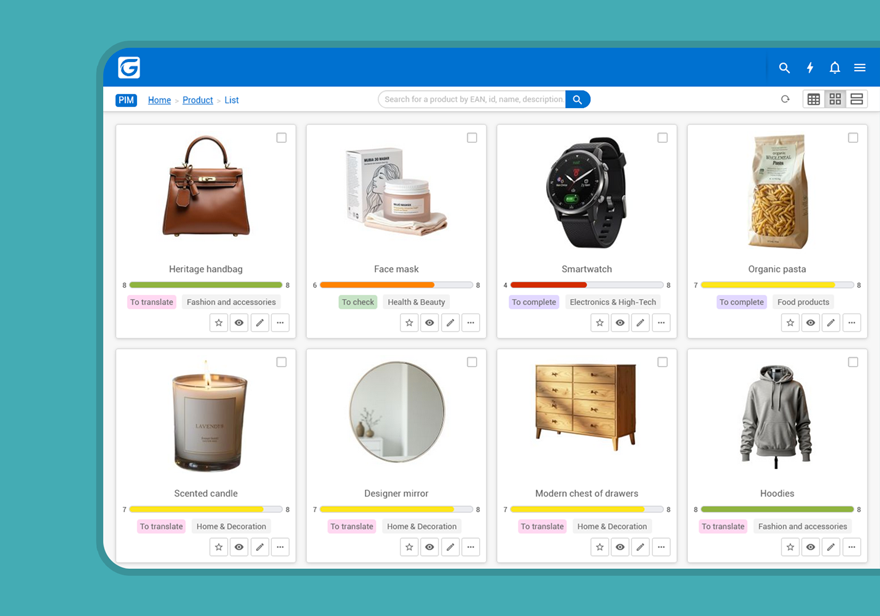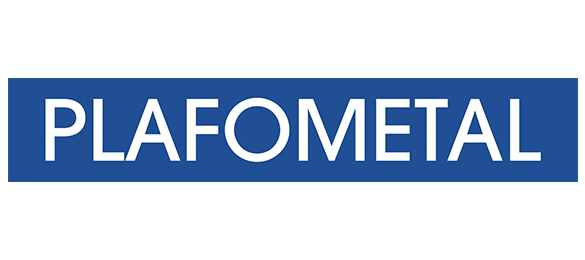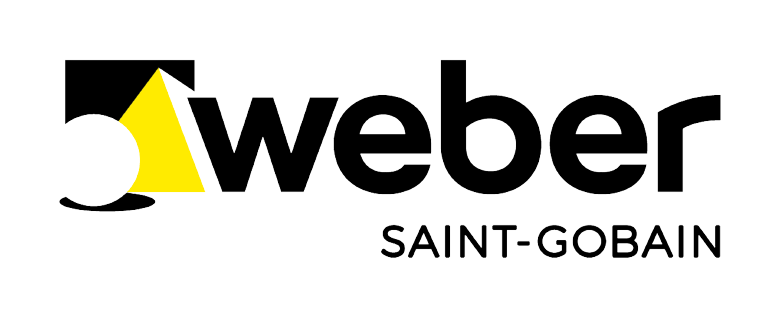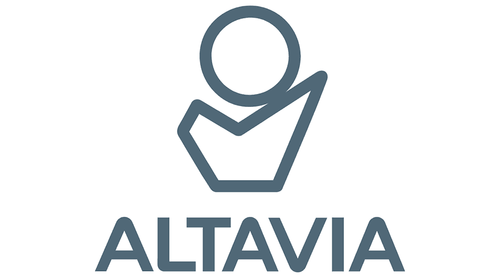Connect your PIM to your existing ERP, CRM, eCommerce platforms… and guarantee full compatibility with these systems. This will centralize all your data for suppliers, customers, and distributors in a unique source of truth to consolidate, manage and analyze all information smartly.
Through this single platform, in just a few seconds you can find the information you need, thanks to PIM's search engine and advanced filters, and access all the associated data: collections, suppliers, variations, brands, etc.
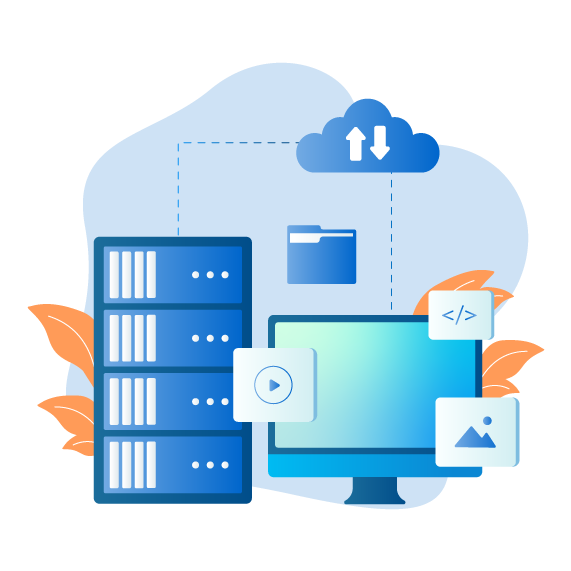
Use a powerful PIM
to do more, and better
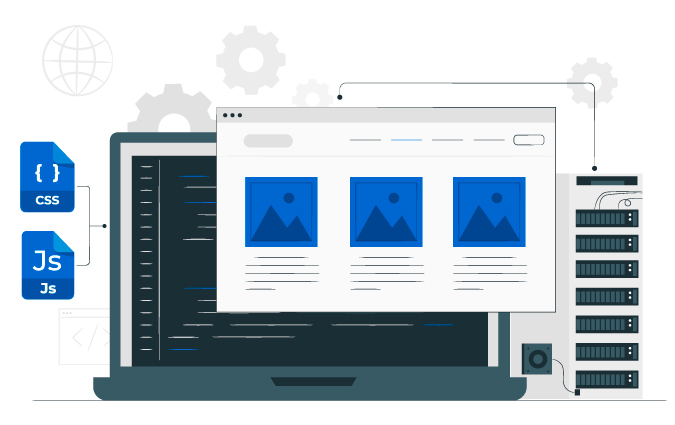
Easily create your product datasheets using the automation features
No more manually typing product datasheets, use AI to complete the fields automatically: features, marketing description, prices… and adjust information as needed.

Work better together using validation workflows
Use the PIM's collaborative and multi-profile features to work better together and organize tasks with appropriate consultation and user rights.

Distribute your product data to Shopify, Amazon and more
Automatically send product information compliant with any selling channel, supervise the process of sending towards each channel and maintain control over all the points of contact with your customers.

Optimize the quality of your product information through a central platform: enrichment, translation, validation… and maintain a source of updated, rich and reliable data.
Use the latest technology,
at a competitive price
Cloud-based technology
Goaland PIM is available in cloud version to give you more flexibility, as well as greater possibilities for upgrading and simplicity of use. You can boost your digital transformation and enable your teams to access the PIM interface at any time and from any device.
A powerful PIM with AI functionalities
Get the most from the unlimited AI features of Goaland PIM for unrestricted possibilities: speedy access to new markets, deployment on new selling channels, activation of new audiences… and increase your efficiency.
More info
With no need for programming or specific development, the calculated fields provide a comprehensive range of features including calculations, concatenation of data, execution of various functions and the implementation of tests, all carried out on your data in real time.
Combine PIM et DAM for more impactful storytelling
Use images to increase the appeal of your products
Link digital assets (images, photos, animation…) easily to your product information to increase the pulling power of your products and make people want to buy.
Vary digital media elements to enrich your storytelling
Diversify the digital media supporting your products: presentation videos, packshots, 3D photos, animation… to accentuate these products and build impactful storytelling for your brand.
Create a strong connection with your brand products
Use the advanced search features to quickly find the most appealing images to showcase your products… to allow your customers to imagine themselves using them.
Use the print module to create remarkable marketing tools
Get the most from the product data in your PIM (prices, images, product data…) to design exceptional Marketing documents. Based on Adobe InDesign Server©, the print module allows you to automatically create documents with a professional standard of page layout, and to export them easily towards various selling channels: physical store, professional trade fairs, sales meetings.

Inspect, analyze and measure to optimize your product data
Control the quality of your product data in real time and according to pre-defined criteria: text length, image resolution, level of detail… and use the dashboards in the analytics module to measure your performance including breakdown per product type, level of completeness, or progress of translations.
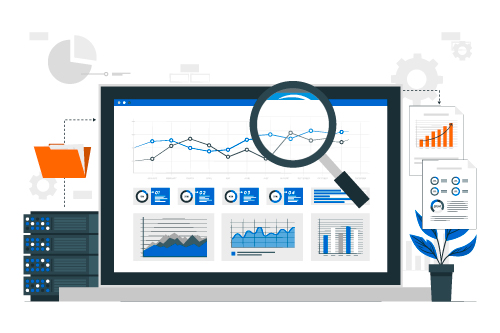
Use the Smart Comparison and Analysis module to supervise your distribution network in real time
With the smart comparison and analysis module, analyze your distribution network, control information on all channels: distributors, partners, wholesalers… be alerted to any changes in the product offers on the eCommerce sites you follow, and make the best strategic decisions in all circumstances.
More about the Smart Comparison and Analysis moduleImprove relations with your suppliers
through the unique portal
Manage access rights
Provide your suppliers and partners with a real-time view of your product data and manage this information depending on the different profiles for unfailing data security.
Control data
Simplify the collection and integration of your supplier and partner data (prices, stock levels, special offers) through a unique portal, and ensure that it complies with your requirements.
